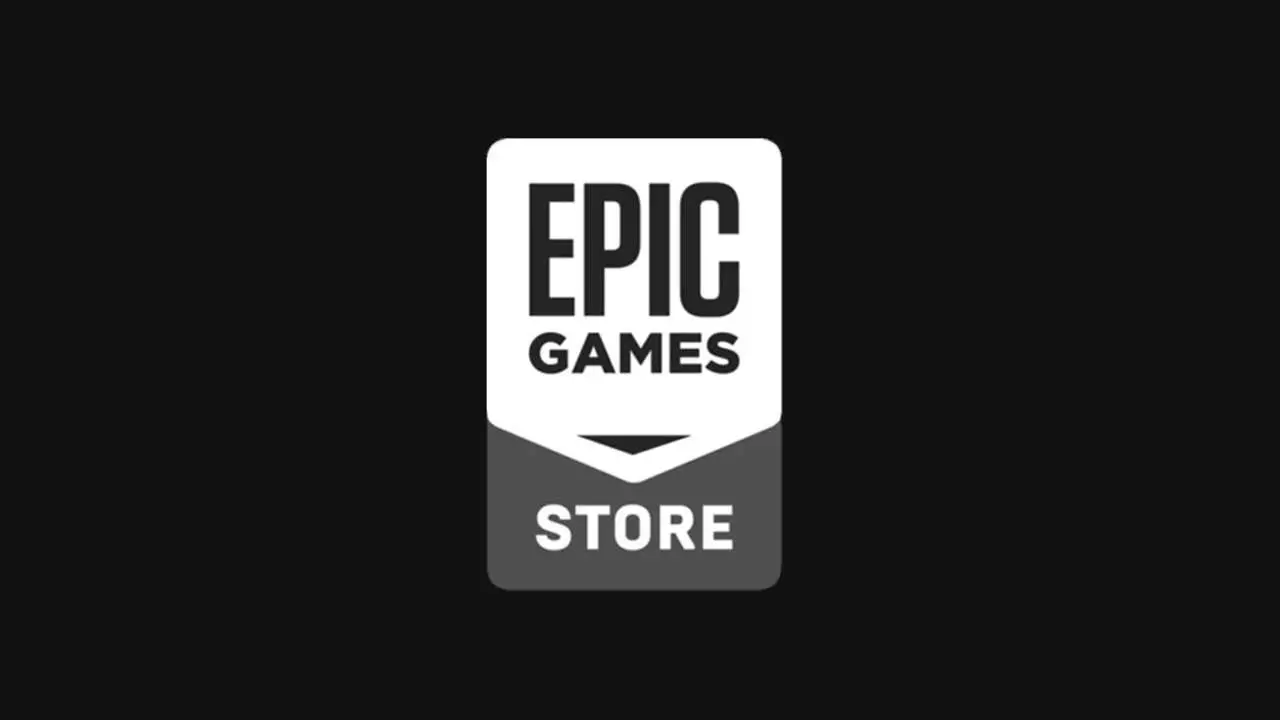As mobile gaming continues to grow in popularity, so too do the concerns regarding its business practices. A new complaint filed by The European Consumer Organization (BEUC) has brought the spotlight to major players in the gaming industry, including Epic Games, Electronic Arts, Microsoft, and others. The allegations of misleading marketing tactics and manipulation of consumer purchasing decisions raise important questions about ethics and responsibility within the gaming sector.
BEUC’s complaint, which includes a detailed 36-page report, accuses these gaming giants of employing “harmful commercial practices.” This includes the controversial use of loot boxes—a feature often criticized for its resemblance to gambling—as well as coercive designs and the introduction of premium in-game currencies that lead players, especially younger ones, into a cycle of continuous expenditure. Agustin Reyna, the Director General of BEUC, highlighted the particularly vulnerable position of children in this context, suggesting that the companies are fully aware of the susceptibility of young players and exploit it for profit.
The report presented by BEUC is not merely a collection of accusations; it aims to illustrate an alarming trend where consumers may not always fully comprehend the mechanics of in-game purchases. With specific attention to deceptive design elements that hinder players from making informed choices, the BEUC’s call for action is grounded in a desire for regulatory intervention to create a safer environment for gamers.
In response, Video Games Europe, a coalition representing numerous gaming firms in response to BEUC’s claims, has dismissed the allegations as unfounded. The coalition argues that mobile games are designed to be accessible without requiring financial investment, and emphasizes that purchasing in-game currency is a practice recognized and understood by the gaming community. They assert their commitment to adhere to European consumer laws and promote transparent buying principles for in-game content.
However, the defensive stance raised by the gaming industry might not adequately address the nuances of the accusations. While it may be true that players can enjoy many games without spending money, the pervasive and often enticing nature of in-app purchases has led to a gamified system designed to drive spending. This strategic design can easily mislead players, blurring the lines between voluntary and coerced purchases.
The issue at hand is more than just a consumer complaint; it touches upon broader themes of ethics in entertainment and the responsibility of corporations towards their audience. The gaming industry has long enjoyed some leeway in terms of consumer protections, but as complaints like BEUC’s grow in frequency and substance, regulators face mounting pressure to define and enforce clearer guidelines.
The future of mobile gaming may hinge on this fine balance between profit and ethics. While companies will continue to innovate and push the boundaries of engagement, they must also recognize the ethical implications of their business models, especially in light of the potential harm to younger players. Policymakers and industry leaders alike need to begin discussions on how to strike a balance that allows for creativity and profit, while safeguarding consumer interests in an increasingly complex digital marketplace.

